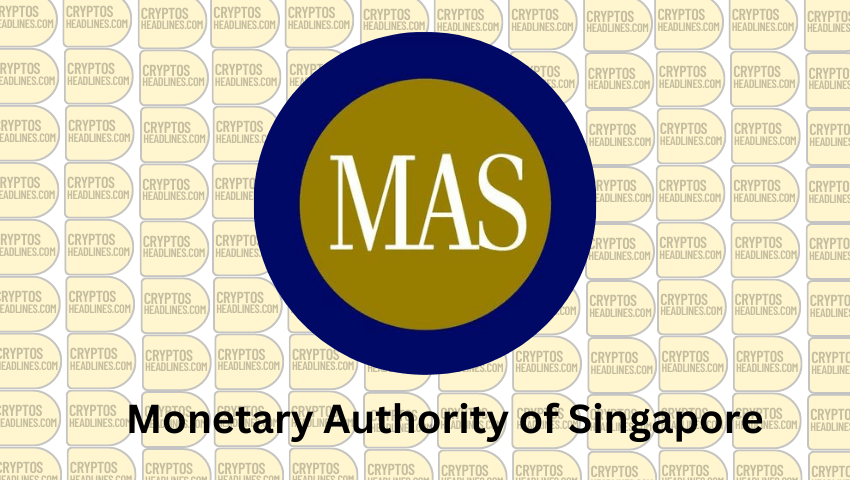Singapore’s Monetary Authority (MAS) is crafting regulations to ensure stablecoin stability. Involving 39 major firms, including Ripple and Circle Internet Financial, MAS seeks their insights.
Crypto Eri’s recent tweet highlights that the Monetary Authority of Singapore has finalized a framework for registering stablecoins. The goal of this framework is to make stablecoins reliable digital forms of exchange and links between traditional money and digital assets.
Crypto influencer Crypto Eri tweeted about this development.
👀Monetary Authority of Singapore finalized STABLECOIN reg. framework
Comments from @Ripple @SBI_DAH @circle published👇
Framework aims to "use of stablecoins as a credible digital medium of exchange and as a bridge between the fiat and digital asset ecosystems "… pic.twitter.com/bcjr2dijGQ— 🌸Crypto Eri 🪝Carpe Diem (@sentosumosaba) August 20, 2023
Ripple and Circle gave feedback to MAS about rules for stablecoins linked to Singapore Dollar. Ripple supports rules for local stablecoins but warns about risks from unregulated global ones. Ripple suggests clear guidelines for fairness.
MAS also asked Ripple about rules for payment services with stablecoins. Ripple agrees, saying it should apply to everyone making and ending stablecoins. Ripple also supports a single “regulated stablecoin” name for all, no matter who makes them.
Ripple said, “We like MAS’s idea of one name for stablecoins from banks and non-banks, all regulated. This will help tell them apart from other stablecoins.”
Circle, the entity behind USDC, aligns with Ripple on stablecoin regulations
Circle Internet Financial, the one behind the USDC stablecoin, shared the same ideas as Ripple. Just like Ripple, Circle supported MAS’s plan to make more rules for stablecoin makers.
Also, MAS asked for thoughts on a rule about keeping money in reserve for stablecoins. Circle said they think the reserve requirement is enough.
Time for the USA to Catch Up on Stablecoin Regulations
Singapore is actively working to control stablecoins, with its Monetary Authority of Singapore reaching out to big industry players for advice. In comparison, the United States has been slower in making rules for digital assets.
The Payments Stablecoin Bill, which aims to set rules for payment stablecoins, had a problem in the House of Representatives. This delay shows that the US is not as quick in making rules, which could slow down its economy, innovation, and its competitive position in the digital economy’s growth.
Important: Please note that this article is only meant to provide information and should not be taken as legal, tax, investment, financial, or any other type of advice.
Join Cryptos Headlines Community
Follow Cryptos Headlines on Google News











